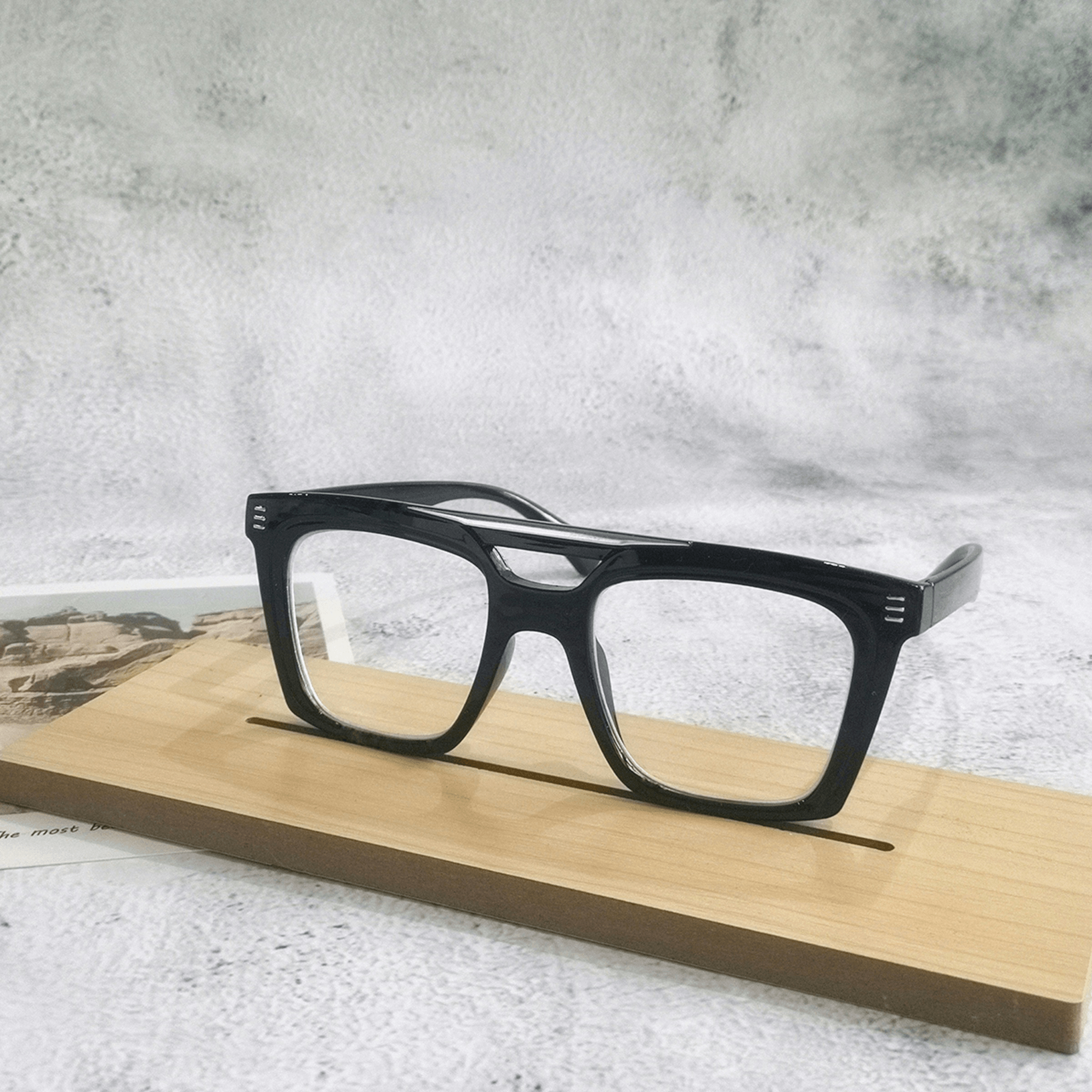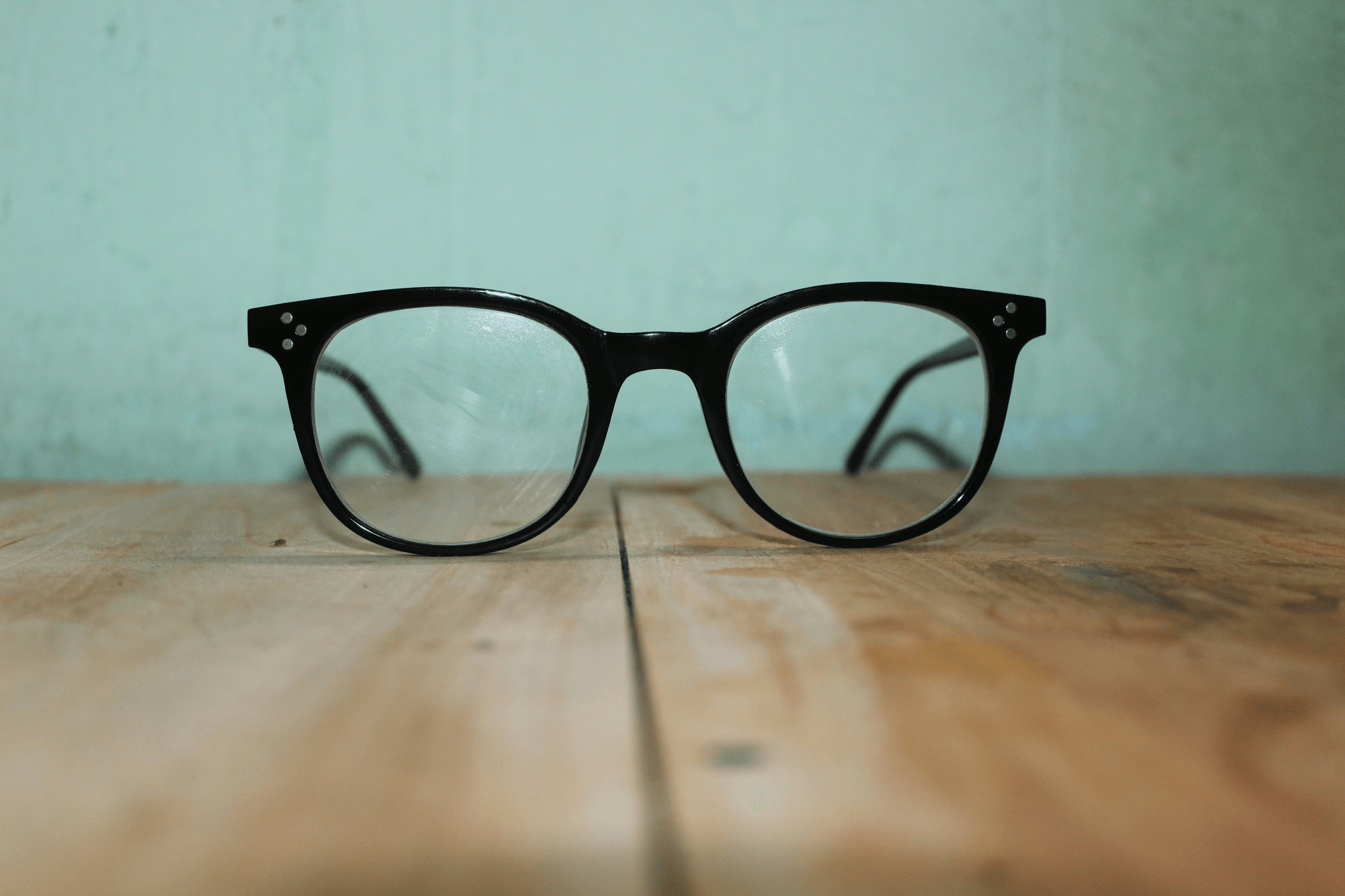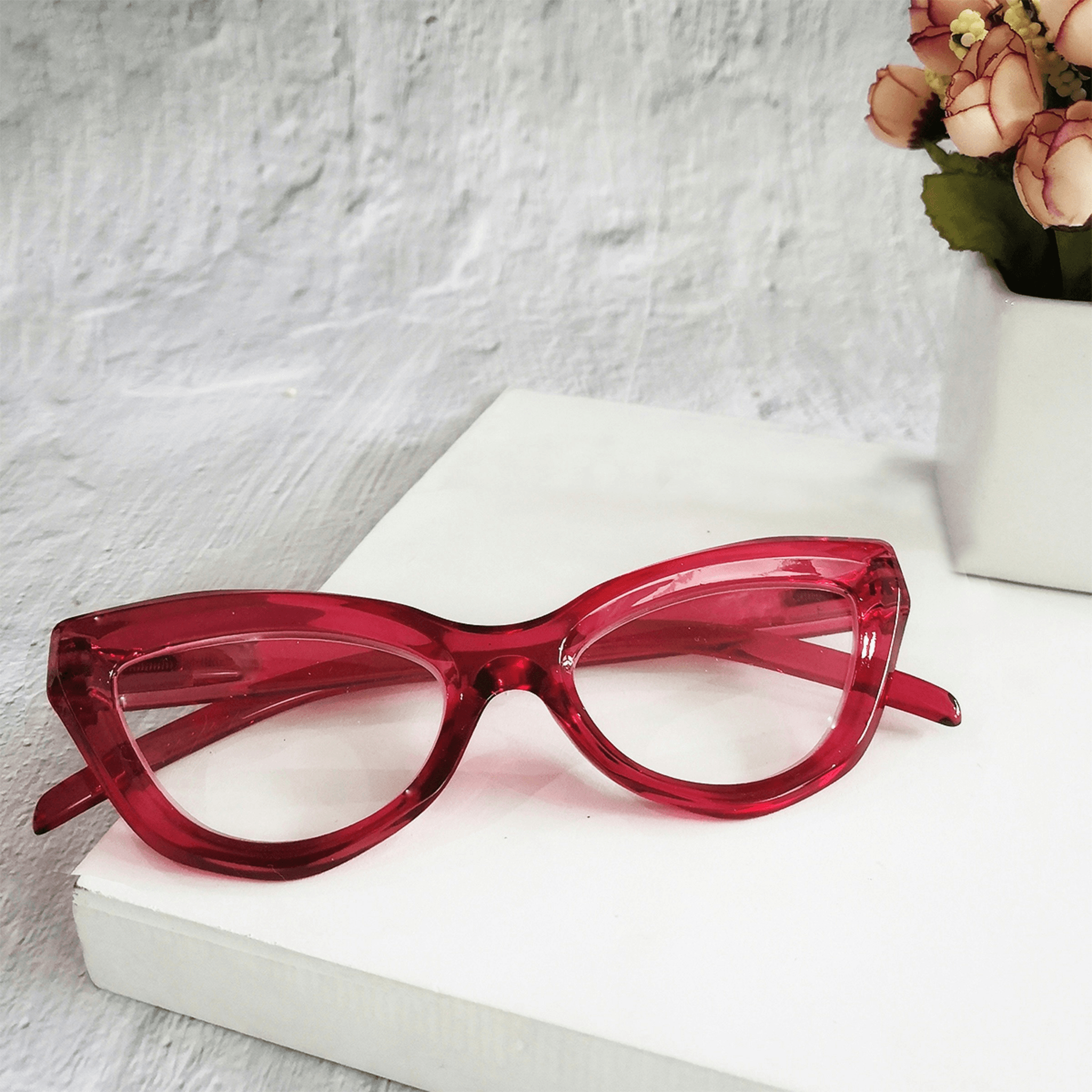Introduction

Choosing the right eyeglass frame material is more than just a style statement; it's about comfort, durability, and functionality. With so many options available, you might find yourself asking, What is the best material for eyeglass frames? or What are eyeglass frames made of? Understanding frame material types can help you make a more informed decision that suits your lifestyle and aesthetic preferences.
Exploring Eyeglass Frame Materials
From classic metal to modern composites and eco-friendly wood, each eyeglass frame material has its unique characteristics that cater to different needs. So, what material is used to make frames? Popular choices include plastic frame materials like polycarbonate and nylon, offering lightweight options that are both affordable and stylish.
Finding Your Perfect Frame Type
Selecting the ideal frame type can significantly enhance your eyewear experience. Consider factors such as face shape, personal style, and how you plan to use your glasses—whether for everyday wear or special occasions. Remember, not all materials will provide the same level of comfort; thus, knowing what plastic eyeglass frames are made from can guide you toward finding your perfect fit.
Why Material Matters for Comfort
The right eyeglass frame material plays a crucial role in ensuring all-day comfort while wearing your glasses. Lightweight materials reduce pressure on your nose and ears while adding minimal bulk to your face. Whether you're opting for the best material for glasses frames or exploring various options like composite or acetate materials, comfort should always be at the forefront of your decision-making process.
Plastic Frame Materials

Lightweight and Affordable Options
One of the main advantages of plastic frame materials is their lightweight nature, making them incredibly comfortable for all-day wear. These frames are generally more budget-friendly than their metal counterparts, allowing you to enjoy stylish eyewear without a hefty price tag. For anyone wondering what is the best material for eyeglass frames that won’t weigh you down or empty your wallet, plastic is definitely worth considering.
Popular Choices: Polycarbonate and Nylon
Among the various types of plastic used in eyewear, polycarbonate and nylon stand out as popular choices. Polycarbonate is known for its impact resistance, making it an excellent option for active individuals or children who might be prone to accidents. On the other hand, nylon offers flexibility and strength—two features that contribute to its durability as an eyeglass frame material.
Pros and Cons of Plastic Frames
Like any other frame material types, plastic frames come with their own set of pros and cons. On the plus side, they are lightweight, affordable, and available in a plethora of colors and styles—perfect for expressing personal style! However, one downside could be their susceptibility to scratches compared to metal frames; thus knowing what material is used to make frames can guide you in selecting the right one tailored to your lifestyle.
Metal Frame Material

Durable and Stylish Selections
Metal eyeglass frames come in a variety of styles that cater to different tastes while ensuring they stand the test of time. From classic wireframes to contemporary designs, there's something for everyone in the world of metal eyewear. Not only do these frames exude sophistication, but they also provide unmatched durability, making them an excellent choice for those asking, What is the best material for eyeglass frame?
Common Alloys: Titanium and Stainless Steel
When considering what are eyeglass frames made of, titanium and stainless steel emerge as two standout alloys in the realm of metal frame materials. Titanium is known for its lightweight properties and corrosion resistance, making it an ideal option for comfortable all-day wear. On the other hand, stainless steel offers a balance between strength and affordability, appealing to those who want quality without breaking the bank.
Flexibility and Strength in Metal Frames
One of the key advantages of metal frame materials lies in their flexibility combined with strength. Unlike some plastic frame materials that may become brittle over time, quality metal frames can bend without breaking under pressure—ideal for active lifestyles or accidental drops! This unique combination ensures that your eyewear not only looks good but also withstands daily wear and tear while providing comfort throughout your day.
Wood Frame Material

Unique and Eco-Friendly Choices
Wooden eyeglass frames are made from various types of wood, including bamboo, maple, and walnut, each providing its own distinct aesthetic. The best material for glasses frames is often one that balances style with sustainability; wooden frames do just that by using renewable resources. As more people ask, What are eyeglass frames made of? it's clear that wood is gaining popularity due to its unique characteristics and minimal environmental impact.
The Aesthetic Appeal of Wooden Frames
The aesthetic appeal of wooden frames lies in their natural beauty and individuality; no two pairs are identical due to the unique grain patterns found in each piece of wood. This makes wooden eyeglasses not just a functional item but also a statement piece that reflects personal style. With various staining options available, you can easily find or customize your frame to match your wardrobe while enjoying the benefits associated with this eyeglass frame material.
Care Tips for Wooden Eyeglass Frames
Taking care of wooden eyeglass frames requires a bit more attention than traditional plastic or metal options, but it’s well worth the effort for such an elegant look. To maintain their quality, avoid exposing them to excessive moisture or extreme temperatures as these can warp the wood over time—remember that wood is sensitive! Regularly clean your frames with a soft cloth and store them in a protective case when not in use; this will help preserve their natural beauty while ensuring they remain sturdy and stylish.
Acetate Frame Material

Vibrant Colors and Patterns
One of the most appealing aspects of acetate as an eyeglass frame material is its ability to showcase bold colors and intricate patterns. Whether you prefer classic tortoiseshell or want to experiment with bright hues, acetate offers endless possibilities for personalization. This versatility allows wearers to express their individual style while enjoying the durability that comes with this type of frame material.
How Acetate is Made and Its Benefits
Acetate frames are crafted from a plant-based polymer, making them an eco-friendly choice among frame material types. The manufacturing process involves melting cellulose fibers derived from cotton or wood pulp, which are then shaped into sheets before being cut into frames. The benefits of using acetate include not only its lightweight nature but also its resistance to impact and fading, making it an excellent option when considering what are eyeglass frames made of.
Comparing Acetate to Other Materials
When comparing acetate to other materials like plastic or metal, it’s clear that each has its own set of advantages. While plastic frame materials tend to be more affordable and lightweight, they may lack the aesthetic appeal found in colorful acetate designs. On the other hand, metal frames offer durability but often come with less variety in terms of color and style; thus making acetate one of the best materials for glasses frames if you're looking for flair without sacrificing quality.
Composite Frame Material

The Best of Both Worlds in Design
Composite frames seamlessly merge the strengths of different materials, making them a go-to choice for those who want variety in their eyewear. By integrating plastic and metal components, these frames can provide durability without sacrificing comfort or aesthetic appeal. If you're exploring frame material types, composite options might just tick all your boxes!
Understanding Composite Materials
So, what are eyeglass frames made of when it comes to composites? Typically, they use a combination of high-quality plastics and metals like titanium or stainless steel to achieve optimal performance. This innovative approach ensures that each pair not only looks great but also stands up to everyday wear and tear.
Benefits of Composite for Eyewear
The benefits of composite frames extend beyond just their appealing design; they also offer remarkable comfort and flexibility. Thanks to their lightweight nature and durable construction, you can enjoy wearing them all day without discomfort—a crucial factor when considering what plastic are eyeglass frames made from! Additionally, these frames often come in vibrant colors and styles that can easily rival acetate options while maintaining a unique flair.
Conclusion

Choosing the right eyeglass frame material is no small feat, but it can make all the difference in comfort and style. With so many frame material types available—plastic, metal, wood, acetate, and composite—it's essential to consider what best suits your lifestyle and aesthetic preferences. Each material comes with its own set of advantages and disadvantages, making it vital to weigh your options carefully.
Choosing the Right Eyeglass Frame Material
When pondering what is the best material for eyeglass frames, think about factors like durability and weight. For instance, plastic frame materials are lightweight and often more affordable than their metal counterparts. However, if you prioritize strength and a touch of elegance, exploring metal options might be your best bet.
Personal Style Meets Frame Functionality
Your personal style should never be compromised when selecting an eyeglass frame material! Whether you lean towards vibrant acetate designs or prefer the understated elegance of wood frames, there’s a perfect match for everyone out there. Remember that functionality also plays a crucial role; finding frames that suit both your fashion sense and everyday needs is key to long-lasting satisfaction.
Discovering Quality with Daposi Eyewear
If you're on a quest for quality eyewear that combines style with comfort, look no further than Daposi Eyewear. They offer an impressive range of eyeglass frames made from various materials tailored to meet diverse tastes and preferences. So whether you're curious about what are eyeglass frames made of or simply want to explore the latest trends in frame material types, Daposi has something special waiting for you!
